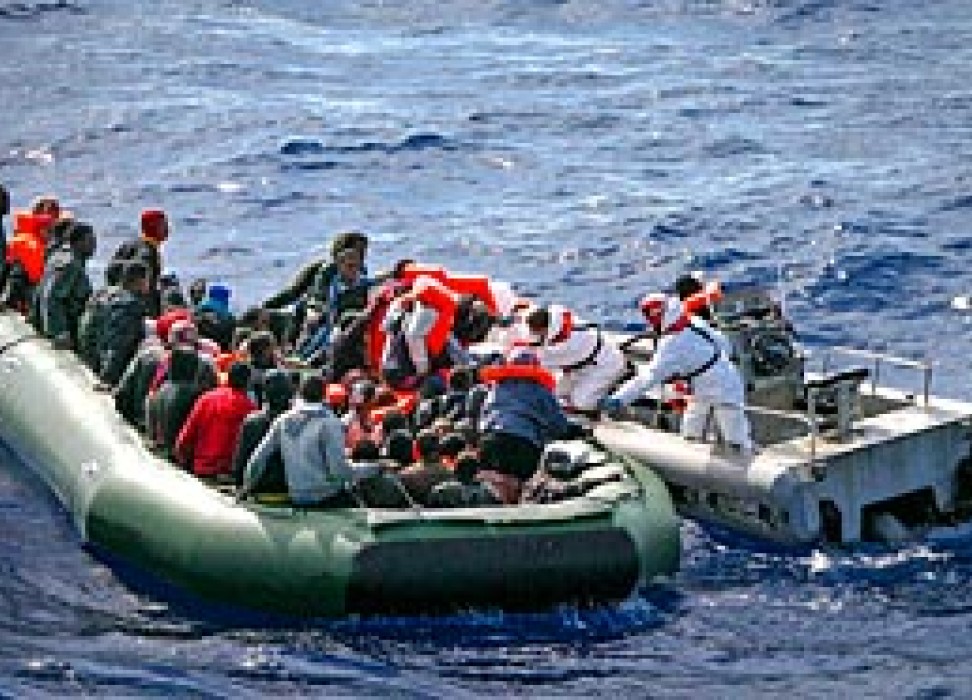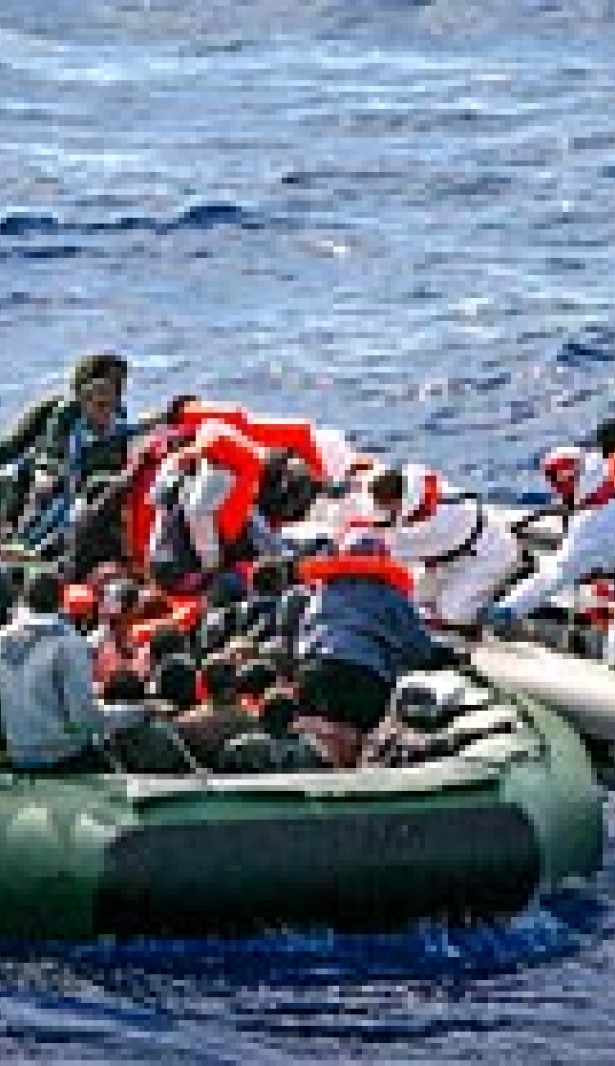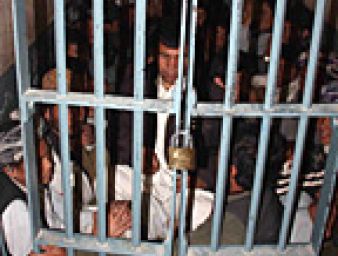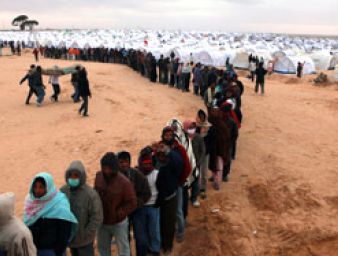EU border management: protecting the rights of migrants
22 July 2013

Irregular migration in the European Union is not a new trend. However, since the 1990s, Europe has seen a sharp increase in irregular migration where people are willing to risk their lives in order to enter the EU, according to UN Special Rapporteur François Crépeau.
According to Crépeau, in 2011, more than 1,500 people died attempting to cross the borders via the Mediterranean Sea. Between 1998 and 2012, over 16,000 people were recorded as having lost their lives attempting to migrate to the EU.
“Migration has always been a fundamental part of European history: migrants are undoubtedly a key element of the cultural, economic, and social fabric of the EU, and contribute to European society in countless ways,” Crépeau said in his report on the human rights of migrants, which was presented during the 23rd Session of the Human Rights Council session in Geneva.
The UN Special Rapporteur on the human rights of migrants dedicated one year to a regional study on the management of the external borders of the EU and its impact on the human rights of migrants. Beginning in Brussels where he held consultations with the key EU institutions, he proceeded to visit the two-main entry points into the EU, Greece and Italy, as well as two key transit countries, Tunisia and Turkey. In each country, Crépeau visited detention centers, shelters and border crossings.
“I regret that within the EU policy context, irregular migration remains largely viewed as a security concern that must be stopped,” Crépeau said. “This is fundamentally at odds with a human rights approach, concerning the conceptualization of migrants as individuals and equal holders of human rights.”
Managing the external borders of the EU is a challenge because the Schengen free-movement area is vast, consisting of 42,673 km of external sea borders and 7,721km of land borders. In 2011, the Schengen area saw more than 700 million people regularly crossing these external borders, according to the report.
The rigorous entry requirements of the Schengen agreement have also resulted in the EU applying a stricter approach to border control, which has made it extremely difficult for migrants from non-EU countries to enter regularly into the EU to search for employment opportunities.
These restrictions have resulted in more people overstaying their visas or risking their lives to enter the EU irregularly. In his study, Crépeau focused on migrants who embark on irregular border crossings because this is where he found the most offensive human rights abuses. These violations include the mistreatment of migrants at the borders and detention systems that fail to adhere to minimum human rights standards.
During his study, Crépeau observed that there is an increasing trend to ensure that border control no longer takes place at the physical borders of the EU, which he refers to as the “externalization” of border control. “This effectively involves shifting the responsibility of preventing irregular migration into Europe to countries of departure or transit, especially through capacity-building activities in third countries towards stopping irregular migration,” he said. The EU has created Frontex to assist border countries with this task, but there are main concerns that this shift of border control to other countries often occurs through bilateral agreements that may not come with any promises of protection for the human rights of migrants.
Crépeau also stated that the EU must address the pull-factors for irregular migration to Europe, which include the demand for a seasonal, low-skilled, exploitable workforce. “Opening up more regular migration channels, including for low-skilled workers, thus reflecting the real labour needs of the EU, would lead to less border crossings and less smuggling of migrants,” he said.
In his report, Crépeau presented other recommendations to implement a human rights approach to migration and external border management. This includes access to justice for irregular migrants, support for migrant’s rights civil society organizations, and training for all actors involved in migration and border management on human rights law. In addition, streamlining migration policy within the EU, as well as accountability and transparency is imperative. People must also recognize that “sealing” the borders of the EU is nearly impossible and migrants will continue to risk their lives to cross them. So, with this in mind, repressing and criminalizing migrants is counterproductive, Crépeau said.
During the 23rd Session, a special side event brought together the Special Rapporteur, Member States, representatives of the EU including the European Commission and the Fundamental Rights Agency, UNHCR, the Council of Europe, and human rights activists for an interactive dialogue about the report. They also discussed various ways in which to implement the recommendations produced in the report. Luigi Soreca, Directorate-General for Home Affairs of the European Commission, welcomed Crepeau’s findings and said that the EU is committed to resolving the gaps and imbalances on EU migration policy.
2013 marks the 20th anniversary of the World Conference on Human Rights, which led to the adoption of the Vienna Declaration and Programme of Action and the establishment of a High Commissioner for Human Rights. Its creation gave a new impetus to the recognition of human rights principles which has seen fundamental progress in the promotion and protection of human rights. In the past 20 years, national human rights institutions have developed into increasingly independent and authoritative actors actively engaging with the UN human rights mechanisms.
The mandate of the Special Rapporteur on the Human Rights of Migrants was created in 1999 and covers all countries, regardless of whether a State has ratified the International Convention on the Protection of the Rights of All Migrant Workers and Members of Their Families. The Committee on the Protection of the Rights of All Migrant Workers and Members of their Families (CMW) is a group of independent experts that monitors the implementation of the Convention.
22 July 2013

VIEW THIS PAGE IN:


